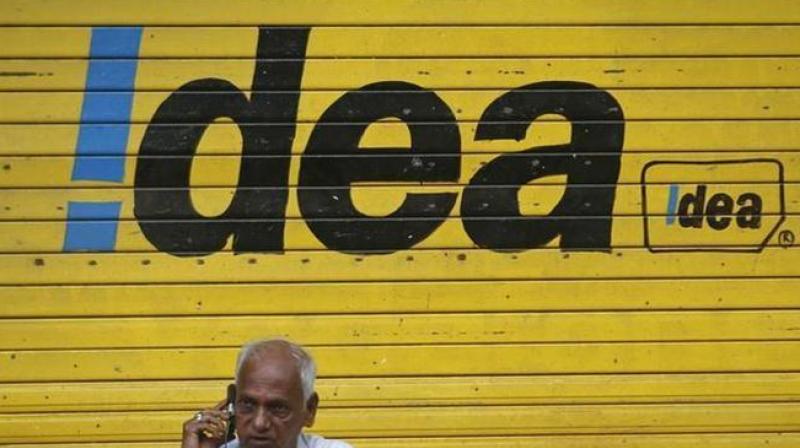Idea joins IUC debate; urges Trai for separate rates for VoLTE, normal calls
Idea's letter to Trai comes after the regulator closed the consultation process on inter-connect usage charge.

New Delhi: Idea Cellular on Thursday floated a new concept before telecom regulator Trai to separately levy call connection charges on calls made through traditional and VoLTE networks.
The company, in a letter to Telecom Regulatory Authority of India (Trai) Chairman R S Sharma, said the current debate on interconnection usage charges (IUC) is around two types of networks -- prevalent TDM technology used for providing calling service on 2G and 3G networks and the latest VoLTE technology used for 4G network.
"We wish to offer two alternative resolutions to squarely address this issue and urge the Authority to evaluate and adopt one," Idea Cellular Managing Director Himanshu Kapania said in the letter.
The letter comes after Trai closed the consultation process on IUC.
Incumbent and new telecom operators have locked horns over IUC which is being reviewed by Trai. IUC is levied by a telecom operator on incoming calls from other networks and the charges are passed on to subscribers. The company estimates that around 95 per cent of calls terminate on TDM network.
Incumbent telecom operators have been demanding higher IUC with reasoning that every call on the network incurs a cost and expenses of an incoming call on their network should be borne by the operator from whose network the call has originated.
At present, Trai has fixed IUC of 14 paise for calls made from mobile phones but incumbents have demanded that it should be in the range of 30-35 paise a minute.
Idea said that Trai should either use weighted average method between cost incurred by an incoming call on TDM network and cost on VoLTE network or every operator should segregate calls terminating on these two networks which the regulator can use for determining IUC rates.
Idea in a separate statement on Thursday said it expanded network to 2.6 lakh mobile sites across the country, with 50 per cent sites dedicated to mobile broadband services.

